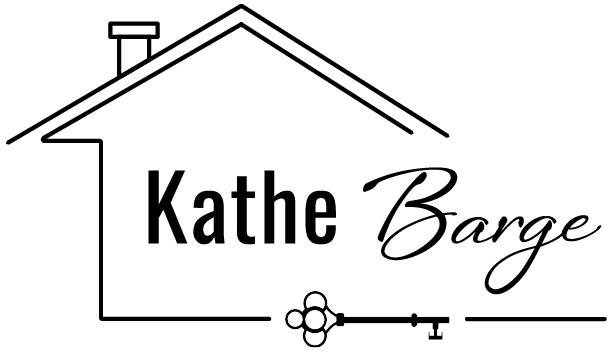I was chatting with my friend Bethany a couple weeks ago and she reminded me that if you’ve never bought a home before, or if its been a really long time since you have, the process may seem a bit foreign and likely very confusing. This week, therefore, I am going back to the basics.
Buying a home is one of the best choices you can make. Rather than paying money to your landlord so that he can be closer to owning an asset outright each month, when you make your monthly payment each month a portion actually goes to your benefit – when you sell the home someday, as long as the market is in a good place, that money is refunded to you (called equity) and you can use it to buy again. It is, in effect, a forced savings plan and over time you can amass quite a large amount of savings while you are simply doing what you would have done otherwise – paying for housing each month.
To buy a home, however, you must have two things to start: a down payment and good credit. There a host of specialty loan products for first time home buyers far too extensive to review here, but figure on saving no less than 2.5% of the purchase price for a down payment if you are able to use an FHA product or 10% if you are going to use a typical mortgage. Credit scores are also key. Again, there are many things you can do to help or hurt your credit as you prepare to buy your home. Do not open any new credit – don’t buy any new cars. Pay all bills on time.
When you think you are ready, start by finding a full-time buyers agent. We now have Buyer’s Agency in this state and you need someone looking out for you from the outset. Check the agent’s website, review references, interview if you wish. Make sure you understand what the agent will do for you and be sure you have done your homework and are selecting the best agent for your needs. Once you select an agent, you will need to sign two documents: a Consumer Notice, informing you of your rights, and a Buyer Agency Agreement, whereby you actually hire the agent to work for you. While the seller still pays the commission, an Agreement is still required to create the legal relationship whereby the agent is working for you and not the seller.
Your agent should then refer you to a mortgage broker for a pre-approval. The broker will review your assets, liabilities and credit and give you a written statement of how much you can afford to buy. This step cannot be skipped. There is no sense looking at homes you can’t afford.
With pre-approval in hand and agent on board, you are now ready to begin the home buying process…stay tuned next week…its when the fun begins!
